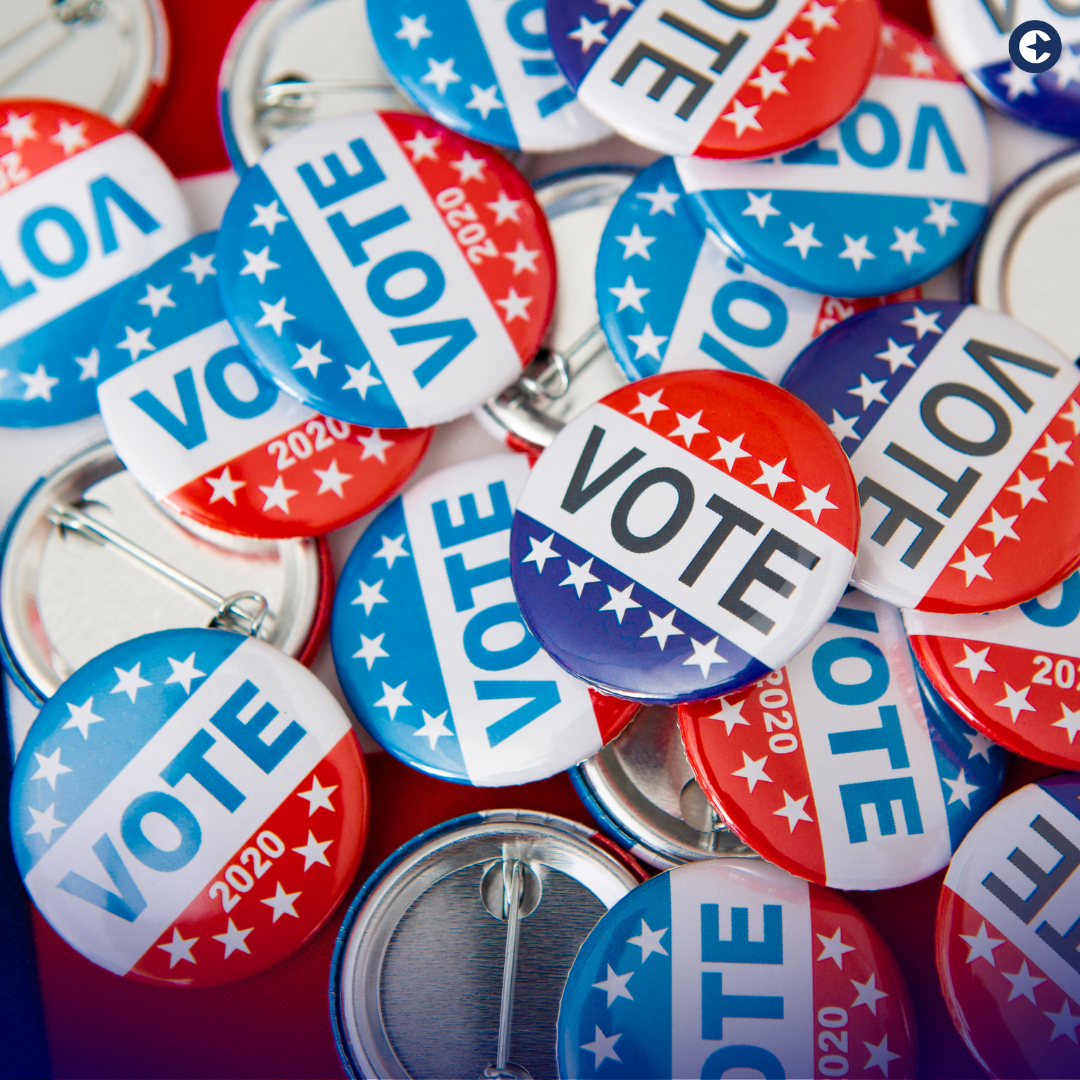In today’s politically charged atmosphere, the intersection of work and politics is more relevant than ever. But what’s the verdict—can political discussions find a place in the workplace, or are they a recipe for discord? Let’s delve into the complexities of politics at work, exploring the balance between free expression and maintaining a harmonious work environment.
The Debate on Politics in the Workplace
The question of whether politics are allowed at work does not have a one-size-fits-all answer. It hinges on various factors, including company policies, the nature of the workplace, and legal considerations.
Understanding Legal Frameworks
- First Amendment Protections: Common misconceptions abound regarding the First Amendment’s applicability in the workplace. It’s crucial to note that these protections typically extend to government actions, not private sector employers. Therefore, private companies have more leeway to regulate political speech at work.
- National Labor Relations Act (NLRA): This act provides some protections for employees engaging in “concerted activities” for mutual aid or protection, which can include discussions about work conditions or wages. However, its coverage of political discussions is nuanced and does not provide blanket protection for all political speech.
Company Policies and Culture
- Policies: Many companies establish specific guidelines regarding political activities and discussions at work, aiming to prevent disruptions and ensure a respectful environment. These policies vary widely, with some organizations adopting more open stances than others.
- Culture: The workplace culture also plays a critical role in determining the appropriateness of political discussions. In some settings, open and respectful dialogues about politics can enrich the workplace experience, while in others, they may lead to tension and conflict.

Pros and Cons of Political Discussions at Work
- Pros: When handled appropriately, political discussions can foster a culture of openness, encourage critical thinking, and promote a better understanding of diverse perspectives among employees.
- Cons: On the flip side, poorly managed political discourse can lead to divisiveness, a toxic work environment, and even legal challenges if discussions cross into harassment or discrimination.
Best Practices for Managing Politics at Work
- Clear Policies: Employers should develop and communicate clear policies on political activities and discussions, outlining acceptable behaviors and the rationale behind these guidelines.
- Training and Awareness: Providing training on respectful communication and diversity can equip employees with the skills needed to navigate sensitive topics, including politics, constructively.
- Focus on Common Ground: Encouraging a focus on shared goals and values can help mitigate the divisiveness often associated with political discussions.
Conclusion:
While politics is an integral part of our lives, its presence in the workplace requires careful navigation to maintain a positive and productive environment. By understanding legal boundaries, setting clear policies, and fostering respectful dialogue, employers and employees can navigate the complexities of political discussions at work effectively. Ultimately, the goal is to create a workplace where diverse viewpoints are respected, and dialogue contributes to rather than detracts from, the organizational mission.



